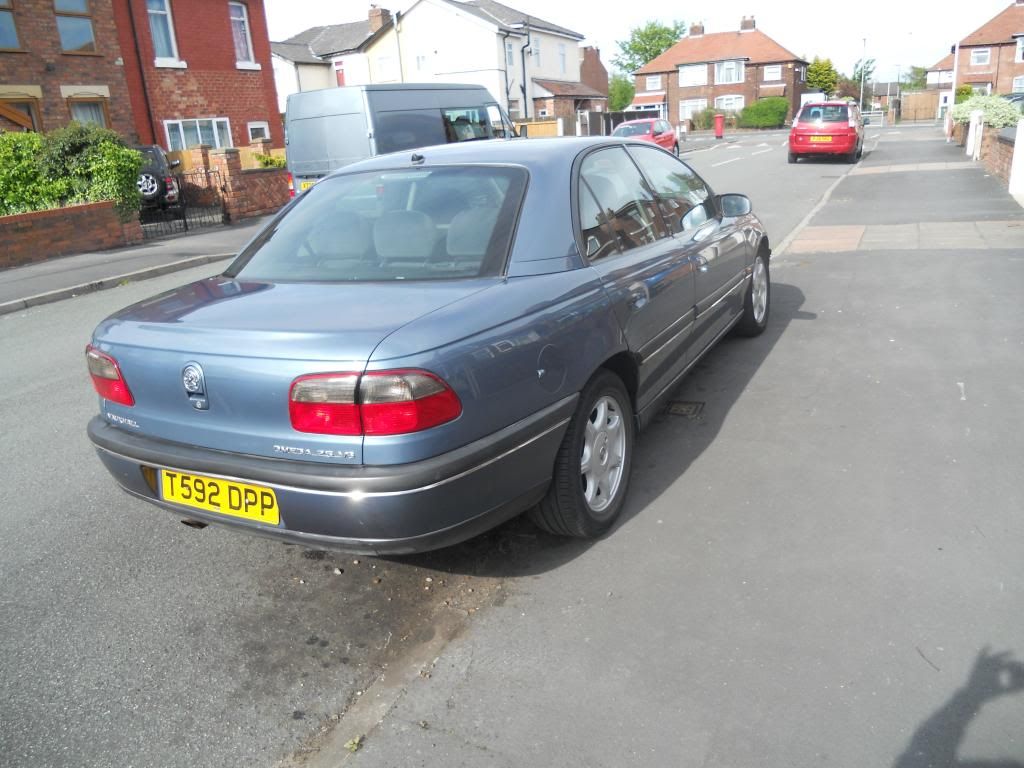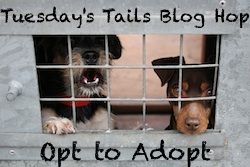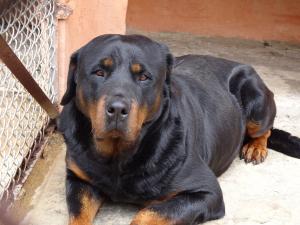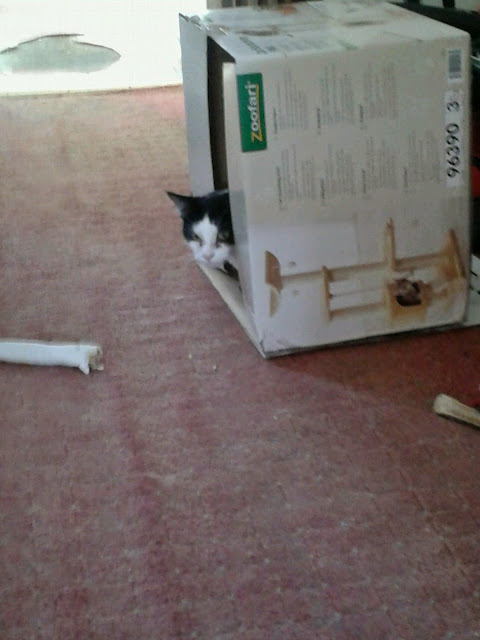So, what is GDV?
Full blown gastric dilatation-volvulus begins with bloat (dilatation) whereby the stomach swells with gas, fluid or food and develops into painful twisting and rotating of the stomach (volvulus), which is far more serious and difficult to treat. If bloat is detected early, the catastrophic effects of gastric dilatation-volvulus can be prevented.
Bloat may occur in all dogs to some extent after a meal, but most will typically belch or vomit to relieve the build-up. If the stomach is twisted, belching and vomiting becomes impossible and the gas is trapped rather than relieved. Several factors contribute to the occurrence of bloat and most of these are preventable.
Sometimes a dog will take in lots of air when eating (hence why encouraging slower eating is important - check out VioVet's range of slow feeders) or fermenting food in the stomach causes a build-up of gas. Bloat can also develop when a dog drinks lots of water or exercises immediately before or after eating. This causes the stomach to swell uncomfortably – in some cases, to such an extent that the stomach twists and rotates. When this happens, the dog is at high risk of deterioration and death. In fact, even with treatment, as many as 30% of dogs will die.
 As
the stomach rotates, the esophagus is closed off meaning there is
nowhere for the gas to escape from. Loss of blood to the stomach, spleen
and other organs can occur as the build-up of gas traps blood vessels.
At this point, it is likely the dog will go into toxic shock and
deteriorate quickly. Immediate veterinary help is essential if the dog is to be saved.
As
the stomach rotates, the esophagus is closed off meaning there is
nowhere for the gas to escape from. Loss of blood to the stomach, spleen
and other organs can occur as the build-up of gas traps blood vessels.
At this point, it is likely the dog will go into toxic shock and
deteriorate quickly. Immediate veterinary help is essential if the dog is to be saved.What are the signs my dog has GDV?
Because of the nature of the condition, early detection is paramount. Most dogs with bloat will display common signs of discomfort such as restlessness, lethargy, excessive salivation, panting and anxiety. If your dog is vomiting, it probably has bloat that has not yet progressed to stomach twisting or volvulus. If, on the other hand, your dog is retching or straining but not producing anything, the problem might be more serious.
Other signs to look out for include difficulty breathing, abdominal hardness and evidence of distended stomach. This might appear as protruding ribs or a peculiar fullness in the abdominal area. Try gently pressing the stomach to gauge your dog's reaction; if it is tender to touch and your dog shows visible signs of pain, take it straight along to the vet. If your dog's condition has already progressed to gastric torsion, the signs are likely to be more obvious and severe. Pale and/or cold lips are a sign your dog has probably gone into shock. Ideally, you should check this as soon as you start noticing symptoms and go from there.
If you have a large breed dog such as a Great Dane, Mastiff, German Shepherd, Rottweiler, Boxer, Dobermann, Setter or St. Bernard, you should pay particular attention to the signs and symptoms as these breeds are most susceptible to GDV.
How do I prevent GDV?
Preventing bloat and gastric torsion in susceptible dogs is not always fail-safe. But luckily there are a number of things you can do to minimise your risk as much as possible.
First of all, bear in mind what you are feeding your dog. Most dogs who suffer from bloat eat large quantities of dry kibble. This absorbs water and swells. A simple test would be to fill a bowl with your dry kibble and submerge it in water.Leave the bowl overnight and have a look in the morning to see whether the water has been absorbed and how much the kibbles have grown.
Gauge yourself whether the amount the kibbles have swollen would cause an uncomfortable swelling in the gut. If you think it would, change onto something else. Bear in mind that cereal-based foods cause lots of fermentation - a leading cause of excessive gas. Try to avoid these where possible.
 Also consider how much you are feeding your dog. Like horses and humans, dogs are better suited to eating small meals more regularly
rather than one or two large meals a day. You don't want to overload
the stomach or leave it so that your dog is starving hungry and wolfs
down its food. Feeding small meals
Also consider how much you are feeding your dog. Like horses and humans, dogs are better suited to eating small meals more regularly
rather than one or two large meals a day. You don't want to overload
the stomach or leave it so that your dog is starving hungry and wolfs
down its food. Feeding small mealsregularly also helps absorb stomach acid in the gut and keeps the digestive processes ticking over. Encourage slow eating by placing a ball or toy in the food bowl or invest in a slow feeder - specially designed to extend the feeding process.
Avoid exercising your dog before and after eating. This is especially important after a meal as food is still being digested. Some experts suggest a window of 2 hours after food before exercise or any sort of activity can commence, therefore allowing food to be properly processed. It is also recommended that water is withheld for 30 minutes after feeding so as not to overload the stomach.
In short, be wary of what and how much you feed your dog throughout the day and pay particular notice to their behaviour after a large meal. Allow your dog to rest and relax until the food has been digested and keep water away for a short period. We know ourselves how exercising on a full stomach can cause indigestion and discomfort but for dogs the result can be much more serious. If you suspect your dog has bloat, take it along to the vet straight away. The sooner the condition is dealt with, the less likely it is to develop into gastric torsion.
If you have any comments, please share them with us :) Feel free to email me directly with any questions or suggestions for future blog posts: hannahd@viovet.co.uk
Please click on pic for bigger image.





































